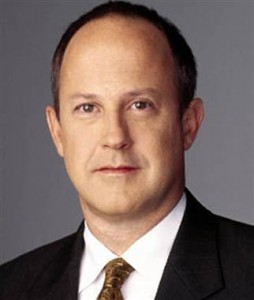- United Kingdom
The United Kingdom with a $ 2.85 trillion GDP is the world’s sixth largest and Europe’s third largest economy. The economy of UK is primarily driven by services, as the sector contributes more than 75 percent of the GDP. With agriculture contributing a minimal one percent, manufacturing is the second most important contributor to GDP. Although agriculture is not a major contributor to GDP, the country produces 60 percent of its food needs domestically by employing less than two percent of its labor force. The economy in terms of GDP purchasing-power-parity stands at $2.43 trillion with a GDP (PPP) per capita of $37,744. [Read more…]

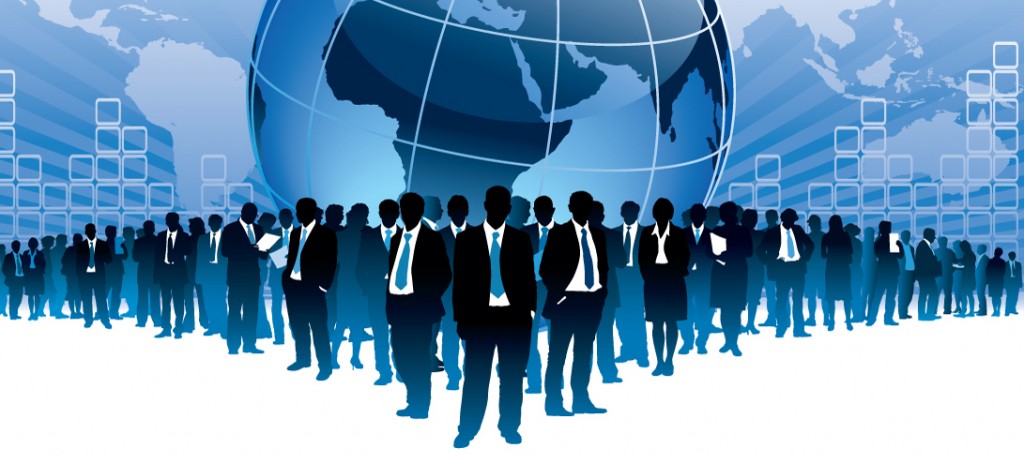
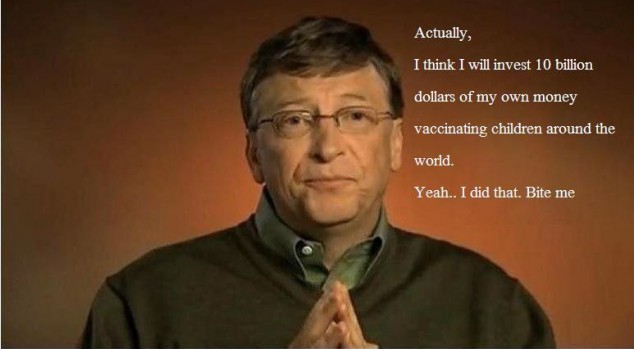


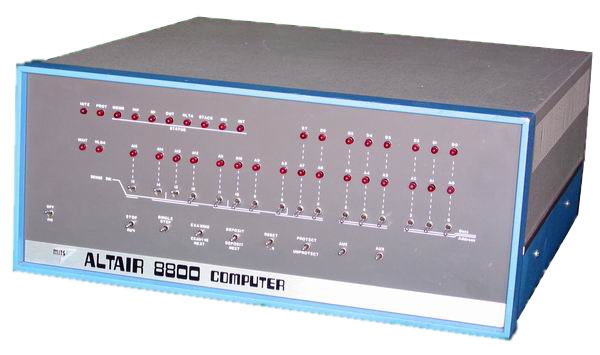
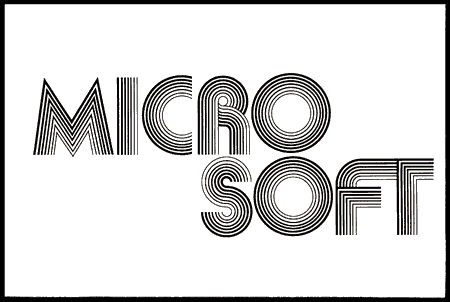
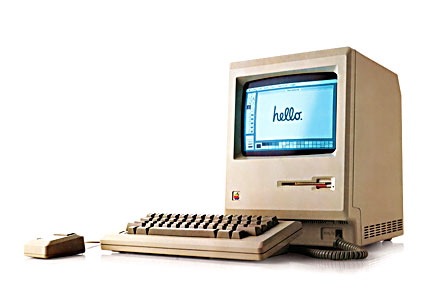

 1. Ask yourself how badly you want it.
1. Ask yourself how badly you want it.


